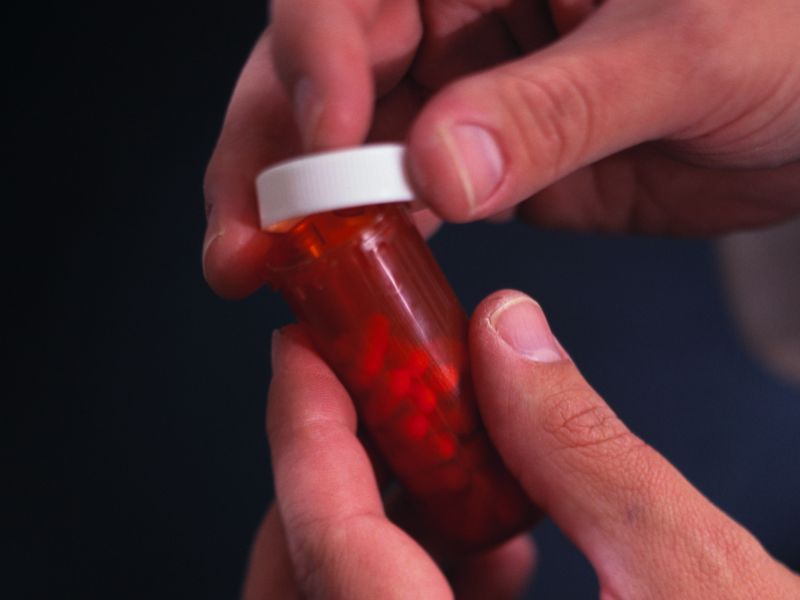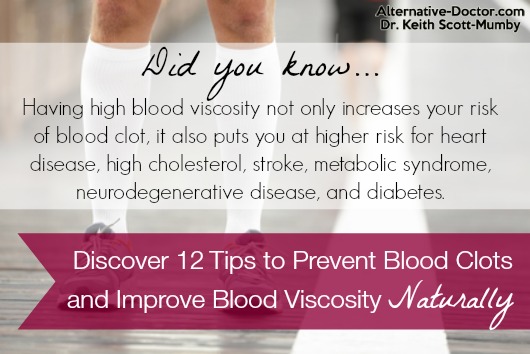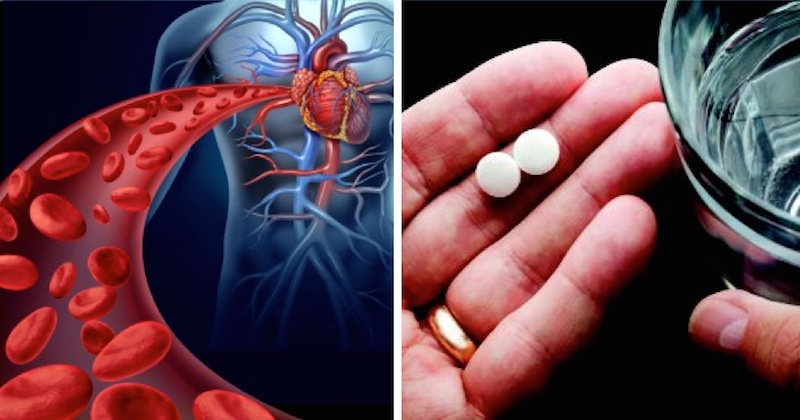




If you cut yourself while shaving, get a cut on your finger from a kitchen knife or gardening tool, or fall and bump your head, the blood thinner slows your body’s ability to clot and stop bleeding at a normal rate. Your doctor will help decide if you need an anticoagulant and which blood thinner is right for you. Blood-thinning medicines also are recommended for people who have had a stroke or heart attack or who have heart rhythm or heart valve problems.Īnticoagulant drugs come in pill form or sometimes injections. If a carotid artery becomes blocked by a clot, a stroke occurs. The carotid arteries in your neck carry blood to the head and brain. People with carotid artery disease also often are prescribed blood thinners. It can cause blood to collect in the heart and potentially form a clot, which can travel to the brain and cause a stroke. Atrial fibrillation, a common irregular heartbeat often call A-Fib, is a leading risk factor for stroke. People with atrial fibrillation often need these. If your body is at risk for forming a blood clot that could lead to stroke or a heart attack, your doctor may prescribe a blood thinner. Are you or a loved one among the two to three million Americans taking blood-thinning medications (also called anticoagulants)? These lifesaving drugs prevent blood clots from forming, growing or moving to critical areas in your body that could block blood flow.


 0 kommentar(er)
0 kommentar(er)
